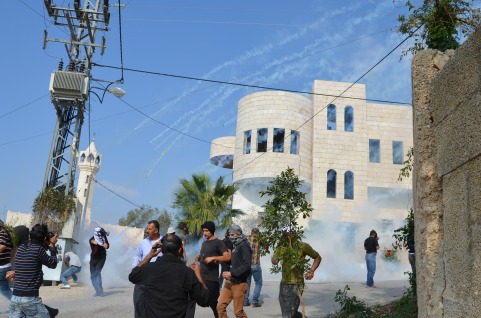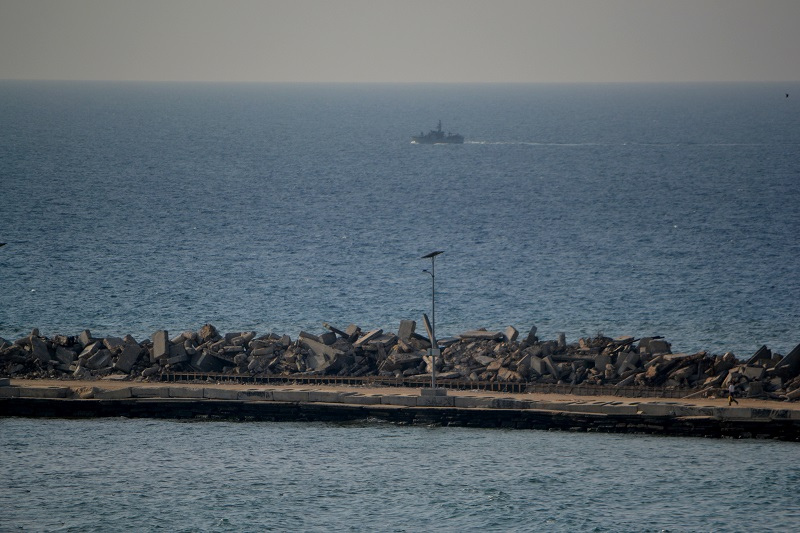Category: Reports
-
Palestinian farmer injured by Israeli gunfire in the Gaza Strip
16th November 2013 | International Solidarity Movement, Rosa Schiano | Gaza, Occupied Palestine On Wednesday, 13th November, gunfire by Israeli occupation forces injured a Palestinian farmer near al-Maghazi refugee camp, in the center of Gaza strip. Mneifi Abu Abdullah, age 25, was working with three other farmers about 600 meters from the separation barrier. Abu…
-
Israeli forces injure 8 Palestinians during aggressive Kafr Qaddum demonstration
15th November 2013 | International Solidarity Movement, Nablus Team | Kafr Qaddum, Occupied Palestine Today, Friday 15th November, the Israeli army detained four children before the weekly demonstration in Kafr Qaddum. Israeli soldiers then invaded the village during the protest, firing many tear gas canisters and injuring 8 Palestinians. At approximately 9:00 this morning, a…
-
Israeli navy captures two Gaza fishermen, including one injured by gunfire
13th November 2013 | International Solidarity Movement, Rosa Schiano | Gaza, Occupied Palestine On the morning of Sunday, 10th November, brothers Saddam Abu Warda (age 23) and Mahmoud Abu Warda (age 18) were captured by the Israeli navy in Palestinian waters off the Gaza Strip. They were released later in the evening and their boat…



